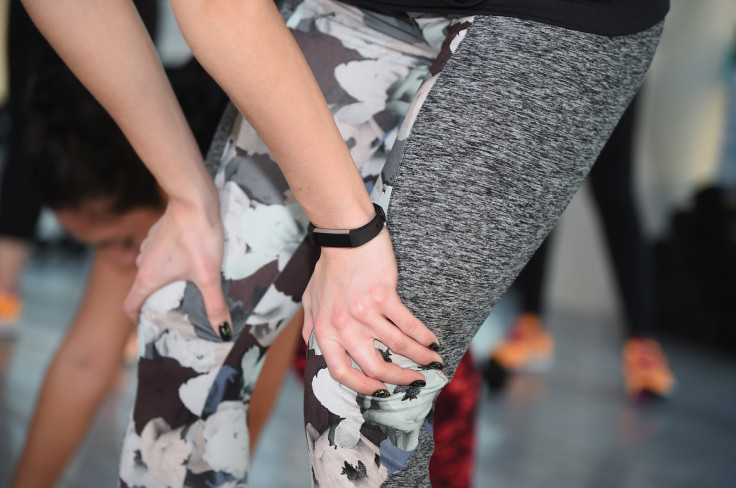Fitbit devices measure inaccurate heart rates compared to ECG readings

The heart rates measured by Fitbit fitness trackers bear "extremely weak correlation" with that of echocardiogram (ECG) readings and show a difference of 25 beats per minute (bpm). According to a new study conducted by researchers at California State Polytechnic University, Pomona, heart rates measured by Fitbit are "highly inaccurate during elevated physical activity".
The study was designed to test the accuracy of Fitbit's heart rate monitoring technology dubbed PurePulse in the fitness trackers over a wide range of activities and exercises. The researchers tested both Fitbit Charge HR and Fitbit Surge, while comparing thousands of heart rate readings to ECG readings.
The research report states, "Based on our analysis of those readings, we conclude that the Fitbit PurePulse Trackers do not provide a valid measure of the users' heart rate and cannot be used to provide a meaningful estimate of a user's heart rate, particularly during moderate to high intensity exercise."
A total of 43 people were tested, including 22 males and 21 females, for 65 minutes to get the heart rate readings during a variety of activities using Fitbit such as jogging, jumping rope and plyometrics. While on these activities, each person wore a Fitbit heart rate device on different wrists. After analysing for more than 46 hours, the researchers found that Fitbit's wearable devices do not track the actual heart rate of the wearer, especially during exercise.
The average difference between Fitbit devices and ECG was approximately 20 bpm at moderate to high exercise intensities, and it goes up to approximately 25 bpm, marking an even worse result.
The data shared by California State Polytechnic University corresponds with the data reported by researchers at Bell State University, which conducted an independent study. They found Fitbit wearable devices were wrong by 20 or 30 bpm, which is considered to be very dangerous especially for people with heart diseases.
The recent study was commissioned by Lieff Cabraser Heimann & Bernstein, which is currently running a class action lawsuit against Fitbit over inaccurate heart rate readings. This study has also been included in the class action case filed earlier in 2016.
Jonathan Selbin of Lieff Cabraser said, "We commissioned this comprehensive, peer-review quality study by academics with expertise in this area to further test our allegations, and it proved them to be true. These devices simply are not accurate at measuring heart rates during moderate or high intensity exercise."
© Copyright IBTimes 2025. All rights reserved.





















